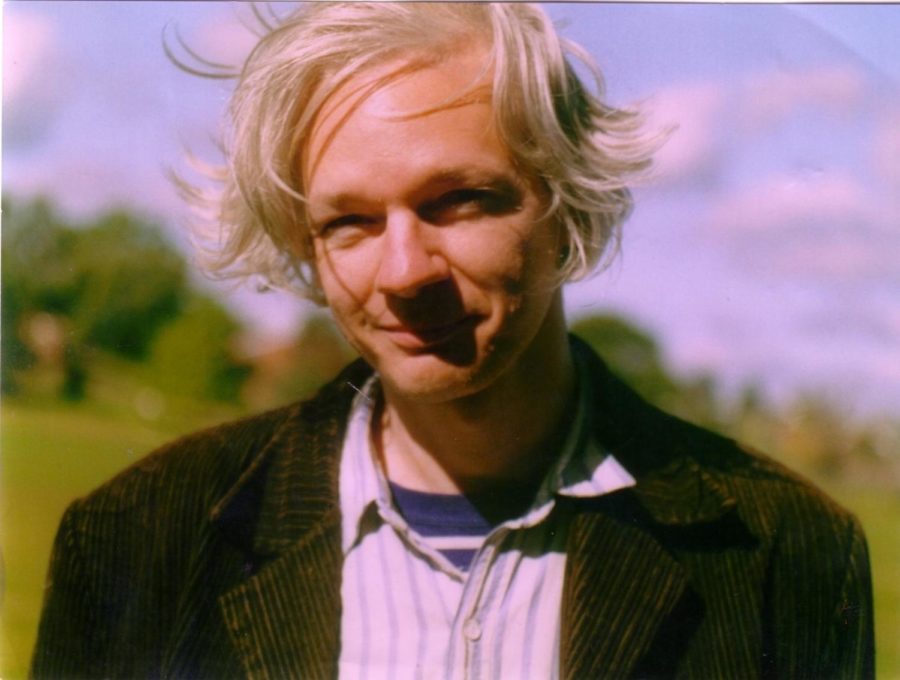WikiLeaks, whistleblower or beacon of free speech?
November 29, 2010
With its sparse design, WikiLeaks doesn’t look like it would stir incredible worldwide controversy. But that’s what the whistleblower website has done since this summer, and most recently over the Thanksgiving holiday weekend.
On Sunday, WikiLeaks published part of what it says is a cache of more than a quarter-million U.S. diplomatic cables. The leak of this classified material could be embarrassing at best, some say. At worst, revelations in the cables “can damage national security” and “may put lives at risk.”
The organization known as WikiLeaks has been defined many different ways. It has previously said it publishes and comments on leaked documents that allege government and corporate misconduct, and it is supported by private, confidential donors. The Wall Street Journal breaks down how the site keeps its funding secret.
Although WikiLeaks has been online since 2006, it attained megawatt international celebrity in July after what was then considered the largest intelligence leak in U.S. history — the release of 90,000 secret documents about the war in Afghanistan — appeared on the site.
The July leak was followed by other leaks. In October, WikiLeaks released classified documents related to the Iraq war.
The leaks have outraged top U.S. defense officials and spurred the Pentagon to work overtime reviewing the material.
WikiLeaks has said its sources are anonymous.
Some have praised the site as a beacon of free speech. Others have criticized it as a threat to U.S. national security and America’s relationship with its allies. Those who have assailed WikiLeaks also say that because the site has either directly published names of informants or other identifying information, it has endangered the lives of people around the world who are fighting terrorism.
The nonprofit site’s servers are spread around the globe, including in Sweden and Iceland, because those nations offer legal protection to the disclosures made on the site.
WikiLeaks’ staff is a loose band of tech-savvy volunteers who are also scattered around the world, many who have day jobs, according to interviews with past and present WikiLeaks contributors.
Julian Assange founded WikiLeaks and is considered its public face. Time magazine named the slightly built 39-year-old Australian with instantly recognizable white hair as its Person of the Year. The magazine called him a “new kind of whistleblower … for the digital age.”
Assange is constantly traveling, convinced that the work that WikiLeaks does puts him in jeopardy because various government officials would like to see the site shut down. An enigmatic figure, he rarely talks about his past except during this TED Talk earlier this year.
Shortly after the Afghanistan war log release in July, Assange became the subject of a sex crime case in Sweden, the details of which can be seen here.
It’s unclear who is behind the latest batch of leaks from WikiLeaks.
It’s unclear now what the fallout may be, but WikiLeaks is promising that it will release more cables in the coming weeks and months.
During all of WikiLeaks’ history, there has been only one person charged in relation to a leak that appeared on the site.
In April of this year, a secret video taken in 2007 of a U.S. helicopter attack in Iraq that killed a dozen civilians, including two unarmed Reuters journalists, appeared on WikiLeaks’ site. At the time, Maj. Shawn Turner, a U.S. military spokesman, said that “all evidence available supported the conclusion by those forces that they were engaging armed insurgents and not civilians.”
The U.S. military arrested Pfc. Bradley Manning, a former Army intelligence analyst, in June. The then-22-year-old was charged with eight violations of the U.S. Criminal Code for transferring classified data.
Manning allegedly confessed, in instant chats with an infamous California-based hacker, that he had downloaded classified information to his computer while pretending to listen to Lady Gaga.
The hacker, Adrian Lamo, turned Manning in to the FBI. Lamo says Manning had help leaking from other people, including students affiliated with MIT.







